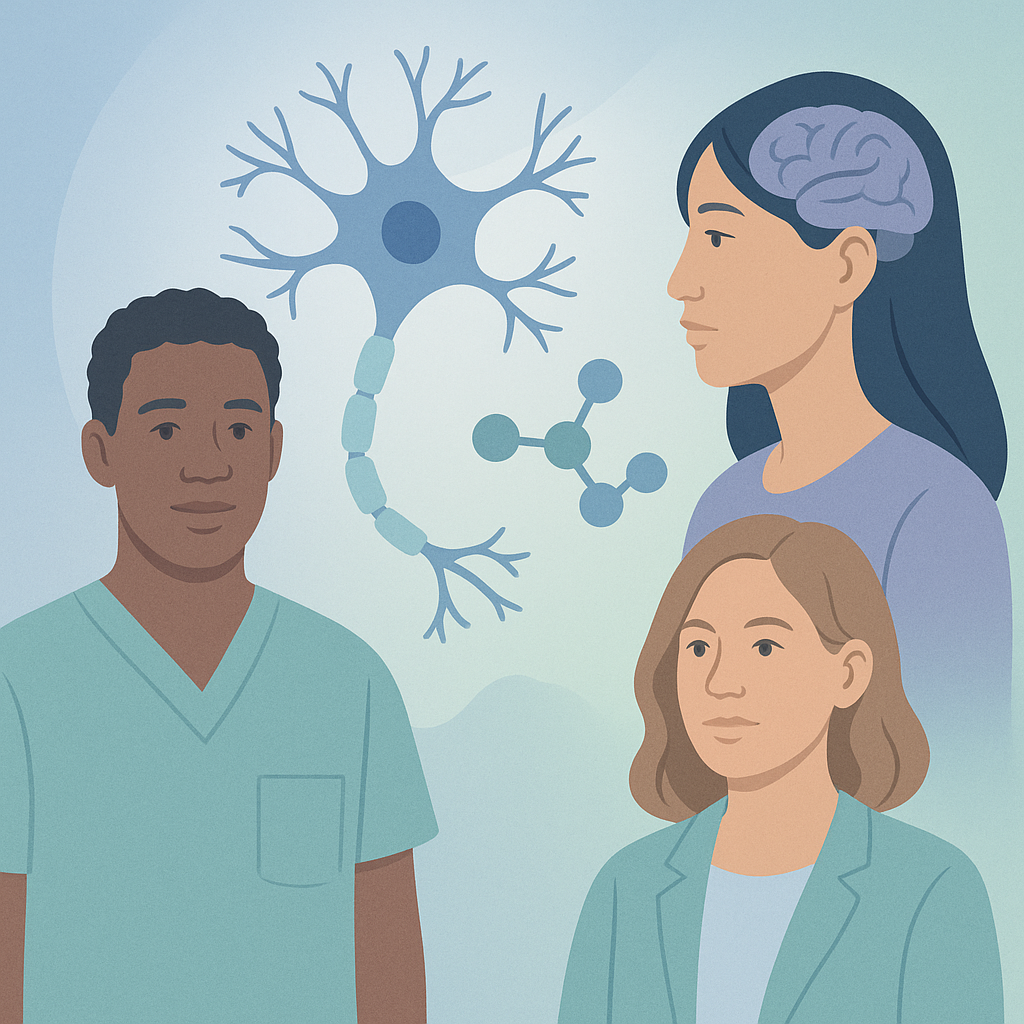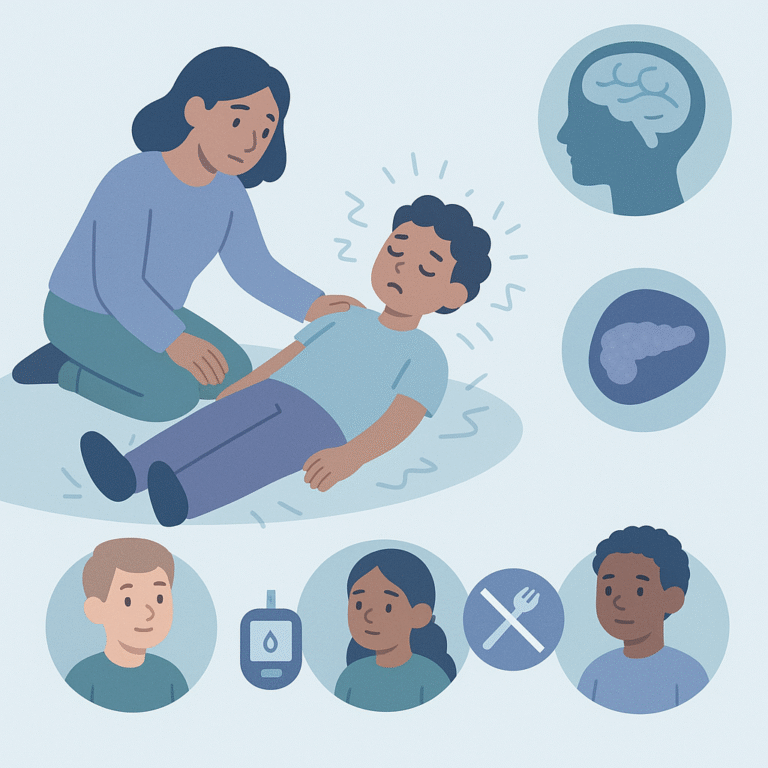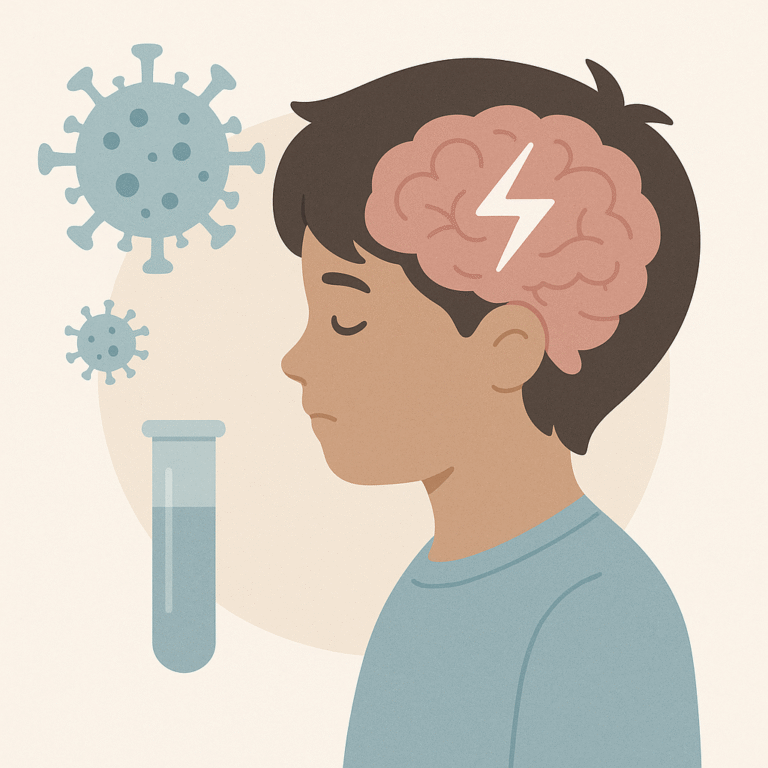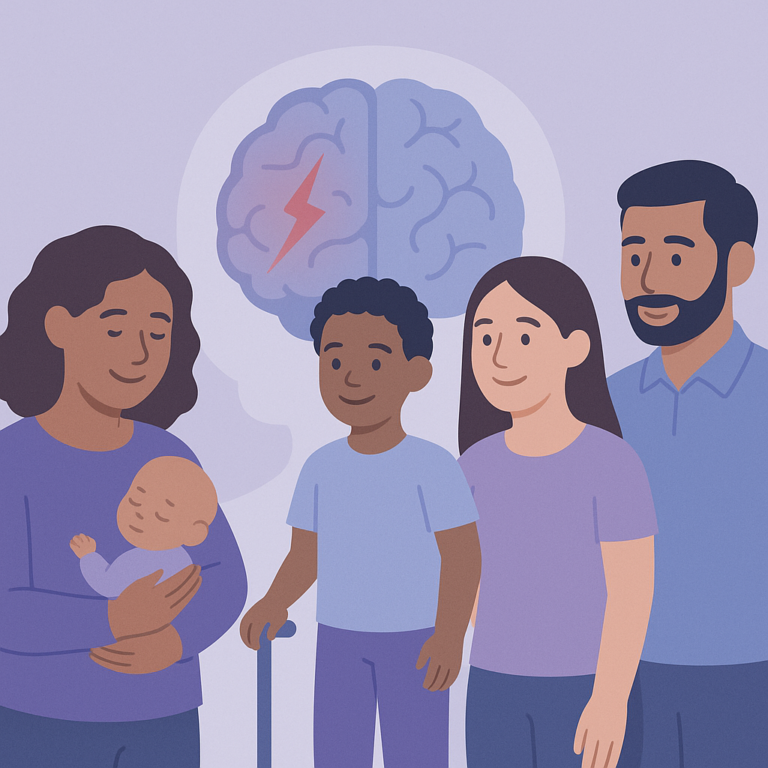Neuron-Specific Enolase May Help Diagnose Brain Disorders
Source: Medicina (Kaunas, Lithuania)
Summary
Researchers studied neuron-specific enolase (NSE), an enzyme found in nerve cells, to see how it could help diagnose various neurological and psychiatric disorders. They focused on conditions like ischemic stroke and psychotic disorders. The study involved reviewing a large number of scientific articles, narrowing down to 67 relevant papers that discussed NSE levels in different patient groups, including those with brain injuries and epilepsy.
The key findings showed that NSE levels vary among different clinical groups. For example, patients with brain injuries or specific mental disorders had different NSE levels compared to healthy individuals. This suggests that measuring NSE could help doctors understand the severity of certain conditions or track how well a patient is responding to treatment.
Understanding NSE's role is important because it could lead to better diagnostic tools for neurological and psychiatric disorders. However, the study has limitations, as it mainly reviewed existing literature and did not conduct new experiments. More research is needed to confirm these findings and explore how NSE can be used in everyday medical practice.
Free: Seizure First Aid Quick Guide (PDF)
Plus one plain-language weekly digest of new epilepsy research.
Unsubscribe anytime. No medical advice.





